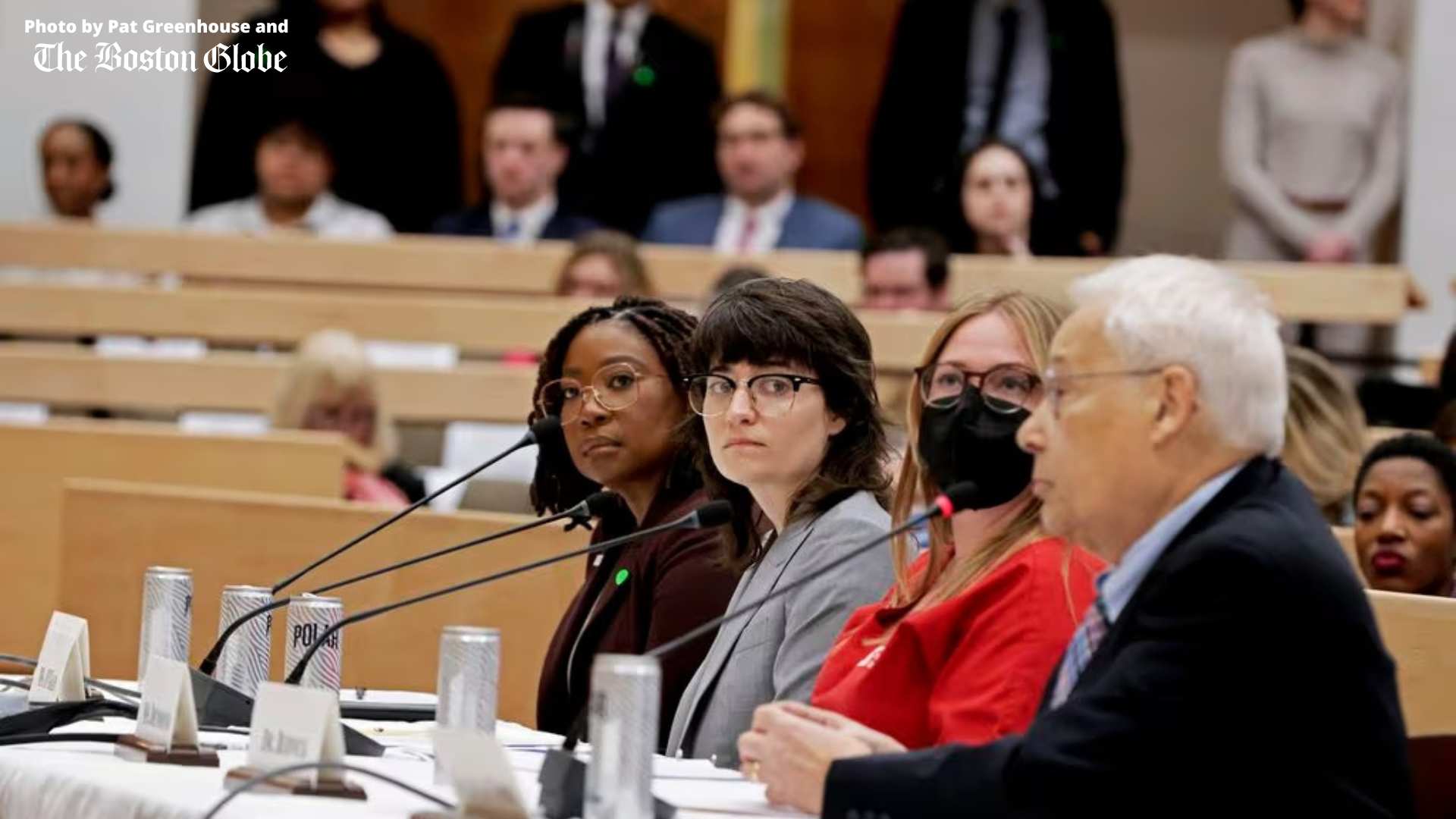
Media coverage of Senate committee private equity hearing
May 8, 2024
Last month, Eileen O’Grady, PESP healthcare director, testified before a field subcommittee of the U.S. Senate Health, Education, Labor and Pensions (HELP) Committee. The focus of the hearing was “When Health Care Becomes Wealth Care: How Corporate Greed Puts Patient Care and Health Workers at Risk,” and O’Grady addressed PESP’s concerns regarding the rapid increase of private equity investment in the healthcare sector. With private equity’s assets under management soaring to over $13.1 trillion and its growing influence in healthcare, the Senate hearing marked a crucial moment of federal scrutiny into the corporatization of the nation’s healthcare system.
Private equity’s profit-centric approach, characterized by heavy debt and short-term gains, presents a significant obstacle to ensuring quality, affordable healthcare in the United States. Whether it’s mental health facilities or essential medical equipment, the widespread influence of private equity threatens the fundamental accessibility of healthcare services. Alarmingly, nearly one in ten private hospitals, including critical rural and safety-net institutions, are now owned by private equity firms. This trend is deeply concerning as it often prioritizes financial gains over patient welfare, resulting in declining care standards, financial mismanagement, and community distress. Understanding the intricate impact of private equity on healthcare necessitates a deeper examination of its profit-driven business model, and the U.S. Senate hearing serves as a crucial step toward safeguarding the integrity of the country’s healthcare system.
O’Grady’s participating in the committee hearing was covered by multiple publicaitons.
Private equity ownership of health care providers has increased dramatically over the past two decades. Buyout firms manage about $13.1 trillion in assets now compared to less than $1 trillion in 2004, said Eileen O’Grady, health care research and campaigns director for the Private Equity Stakeholders Project, a nonprofit group.
Advertisement
“Hospitals owned by Steward Health Care are facing an existential threat,” O’Grady told the subcommittee, citing the backing of Cerberus, which cashed out of its investment in 2021. “The experience of Steward is unfortunately not unique. There have been many stories of private equity firms looting health care companies at the cost of patient care.”
“So Steward sells its hospital buildings, for a total … of more than a billion and a quarter dollars, and yet none of the money or very little of the money seems to have been used to support the doctors, the nurses, the other workers, patient care,” Warren replied. “If Cerberus didn’t use this windfall to increase wages, to reinvest money back to Steward’s hospitals, where did it go? That’s a lot of money.”
“It went to Cerberus,” responded Eileen O’Grady, research and campaign director for the Private Equity Stakeholder Project, a nonprofit that seeks to increase transparency into private equity practices. “Almost $500 million went straight to Cerberus, and the rest of it was used to fund a rapid, massive expansion strategy by Steward.”
WBUR:
At Wednesday’s hearing, Markey highlighted a bill he drafted known as the “Health Over Wealth Act,” which he said would give federal regulators authority to bar some private equity investments in health care and block real estate transactions that destabilize health systems.
Warren also spoke about a bill she filed called the “Stop Wall Street Looting Act,” which she explained would require private equity firms to share the liabilities of companies they control.
Several other industry experts spoke at the hearing, including Dr. Ellana Stinson, president of the New England Medical Association; Eileen O’Grady of the [Chicago]-based Private Equity Stakeholder Project; and Hannah Drummond of the National Nurses Organizing Committee.
“Private equity firms are short-term investors,” Eileen O’Grady, research and campaign director for healthcare at the Private Equity Stakeholder Project in Washington, D.C., explained during her testimony. “They usually try to own companies for around 4 to 7 years. During that time, they have to generate as much cash flow as possible, often with a goal of doubling or tripling their investment.”
To do this, they often turn to debt, she said. Many private equity firms buy companies through leveraged buyouts. They finance a substantial portion of the purchase price by taking out a loan secured by the company they’re purchasing. “That means the company is on the hook to pay down the debt that the PE firm took out,” O’Grady said. “That kind of high leverage can divert cash away from operations to paying interest on the debt, and leave companies more at risk for restructuring or bankruptcy.”
Private equity firms also use sale-leaseback transactions, she said. For instance, they will sell a hospital’s underlying real estate and lease it back from the entity they sold it to. They will do this because it “provides a quick and easy way to monetize the real estate and generate cash for investors,” O’Grady said. But this “often leaves hospitals with higher monthly lease payments and beholden to a landlord.”
Among other measures, private equity firms have “taken out new debt on the companies they own, and then used the proceeds from that debt to give themselves a cash payout, which is known as a dividend recapitalization,” she said.
Furthermore, they routinely cut costs when it comes to staff, medical supplies, equipment, and charity care, O’Grady added.
